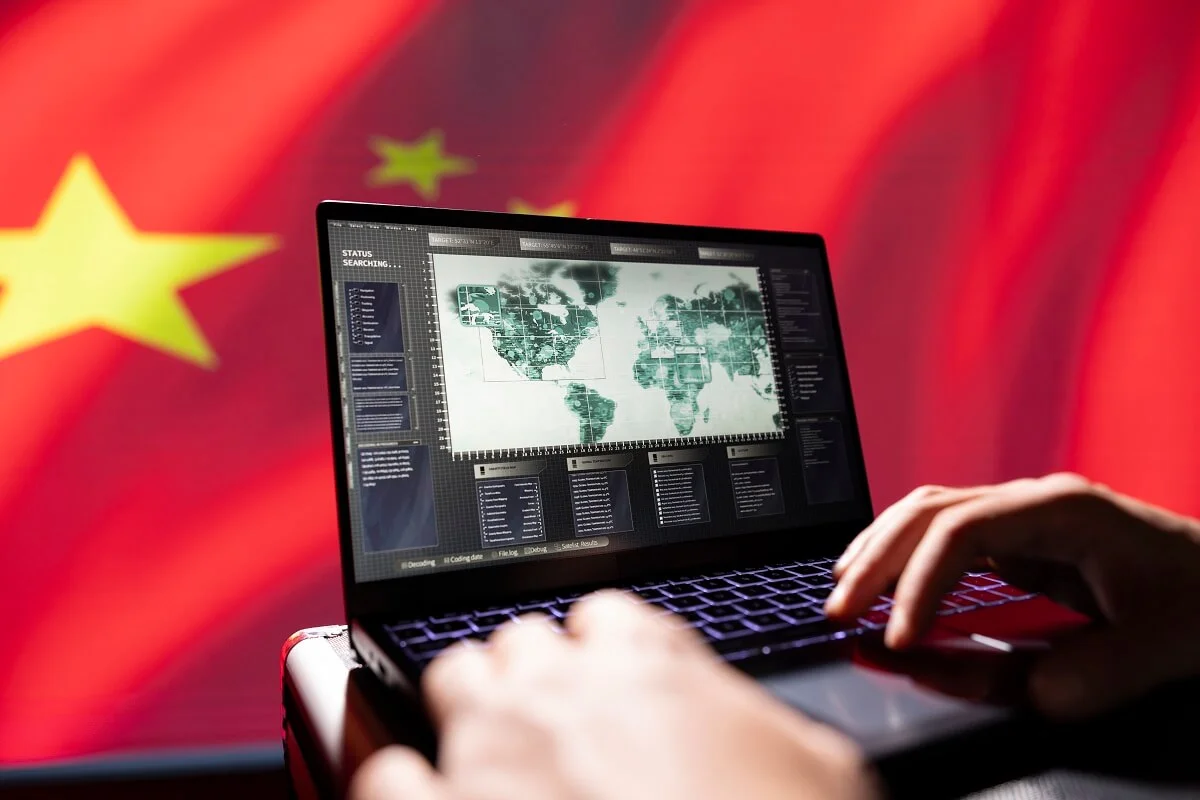Channel your inner Vogue and Confidence!

China e-commerce is making progress by leaps and bounds. The likes of Taobao, JD, and PDD, for instance, have ceased to be local marketplaces; they have turned into gateways of a far richer market. Entering the Chinese market for international brands is quite promising; however, there is one twister that can make or destroy Chinese translation. Chinese online shoppers show sophistication; they check multiple platforms before making a purchase. Proper localization of your content lessens the risk of showing your brand as foreign and disconnected from expectations.
More than just words in a dictionary, languages symbolize cultures, traditions and deeper meanings that shape consumer behavior. For example, in China, the festivals, numbers, and traditional taboos all combine to bring a special way of buying that one hasn’t or rarely experiences in external societies. Such is valid for Singles’ Day (November 11). If a campaign ignores its significance, translations will fail to resonate with local buyers.
Consumer behavior is driven hugely by Chinese numerology. The number “8” denotes fortune and success, but the number “4” will be avoided as it indicates misfortune. Failure to use these numbers in a campaign can drive customers away.
Cultural nuances even consider images, colors, and tone. For example, red is that color that is a sign of celebration and good luck; therefore, it will work wonderfully for banners and promotions; in some cases, white could mean a mourning period. A Chinese translation agency ensures that such information reaches beyond literal word translations and hits an emotional chord with the local consumers.
In today’s extremely competitive environment of e-commerce, trust is paramount for China. Consumers demand comprehensive product descriptions and specifications, as well as clear communication. One misstep in the translation of any statement regarding ingredients, claims or instructions may create confusion, invite complaints, and eventually erode brand trustworthiness.
Chinese customers rely heavily on product reviews and social proof before they make a purchase. If your translated descriptions sound unnatural or inconsistent, potential buyers may wonder what kind of business operation you are running. Such companies as Apple and Nike spend fortunes for translations with cultural specification just to perfect their messages with local expectations.
Delivery of accurate translations conveys professionalism and reliability. When your website reads naturally and feels custom-made for Chinese audiences, it can only mean that you care for their experience. Brands that invest in quality translations often reduce return rates, heighten brand loyalty, and improve customer retention.
Visibility is as crucial as credibility. Platforms like Baidu, Sogou and 360 Search dominate China’s search engine market but their algorithms work differently from Google. If your product pages are mistranslated or keywords are poorly localized, your rankings will suffer, making your brand virtually invisible to potential customers.
For example, translating “wireless earbuds” literally may not capture the popular Chinese search term shoppers actually use. Instead, successful brands conduct in-depth keyword research to understand how locals search and adapt content accordingly.
A Chinese translation agency doesn’t just translate; it adapts. From meta descriptions to image alt texts, professionals ensure your content aligns with local search intent, boosting your visibility and driving organic traffic.
Your translations will not only make your site readable but also easy to use. Just about every button, menu and CTA needs to be intuitive from the Chinese shopper’s perspective. Even a poorly phrased “Add to Cart” button may induce friction and reduce conversions.
When e-commerce leaders like Alibaba and JD are setting the bar, it means that consumers should expect seamless navigation and relevant language usage for context. Professional translators of e-commerce will ensure that every part of the interface, promotion banners, and the whole checkout flow is possibly adapted for local expectations.
Translations are important because they help construct those experiences proven to be mobile-friendly and thus reduce drop-offs in the checkout process and improve repeated purchases.
China has a lot of restrictive policies about advertisement and labeling of any product and, for sure, the most important of all, consumer protection. A simple wrong translation in relation to health benefits or safety certifications can result in penalties, banning of products, or even denylisting of the brand itself. One prime example of such penalties occurs concerning the booming fields of cosmetics and health supplements markets in China, where they add dosage and warning translations to the letter. So, in the case your translation implies medical effects are unapproved by the local authorities, your brand faces the threat of severe implications.
Professional translation services are essential for compliance to protect your business from wasting money on legal setbacks. A dedicated translation agency is able to do more than translate material into a particular language, having it use an internal team of translators who align your content to conform with China’s advertising laws, product standards, and consumer protection policies, thus safeguarding your reputation and market entry.
The possibility of penetrating the flourishing Chinese e-commerce circuit is the greatest opportunity for global firms. Translation of the content into Chinese would definitely make a bridge from your business to over a billion prospective customers. It would increase your visibility and credibility, positive user experience, and also ensure that your business meets statutory obligations. Professional translation services develop stakeholders’ and customers’ trust that turns into sales.

I am Mehmand Wali, an Author at Vogue Vocal and a skilled SEO Expert & Outreach Specialist.
My expertise lies in creating authentic, optimized content that drives visibility and engagement.
With strong experience in outreach, content strategy, and digital marketing, I work across industries.
At Vogue Vocal, I share professional insights that empower readers and businesses alike.